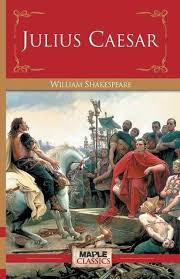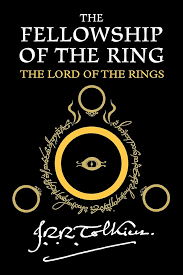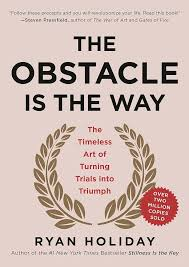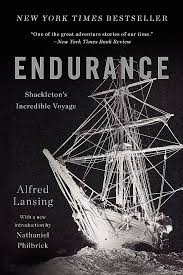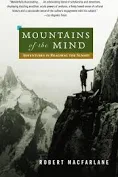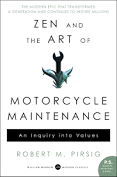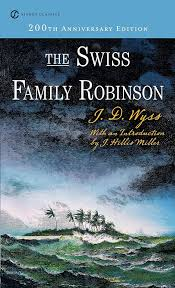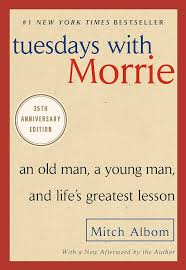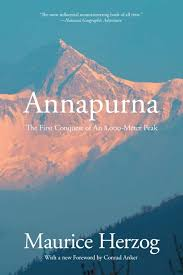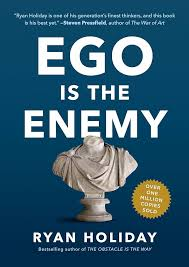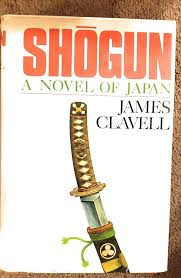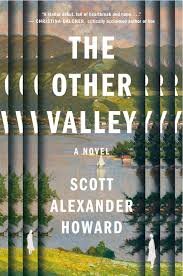Just recently finished this:
The Holy Roman Empire: A Thousand Years of Europe's History by Peter H. Wilson
image.png
Long overdue reading this behemoth, published in 2016. At nearly a thousand pages it is a hefty tome and I certainly wouldn’t claim it was the briskest or easiest of reads. It is, however, as comprehensive as you could hope to imagine. Wilson is one of the foremost experts on the history of the HRE and in this book he attempts to rescue this much-maligned - and misunderstood - empire from its poor reputation. The writing can be dry at times, but overall it is a huge success in illuminating the history of this nebulous, complex institution.
The Empire spanned a huge span of time from its founding by Charlemagne in 800 to its dissolution in 1806. Over this period it - quite naturally - shifted extensively in size, character and in myriad other ways. In order to disentangle this difficult subject, Wilson takes a thematic approach rather than a purely chronological one. The book deals in turn with the broad themes of “ideal,” “belonging,” “governance,” and “society.” Effectively looking at the empire from various angles and viewpoints - as a body of doctrines, as a range of overlapping identities, as an ever-shifting system of rule, and finally as an intertwined collection of different forms of social and economic life.
It is a history of the Empire itself as an institution, rather than a history of individual “exciting” Emperors or particular events. It may not always be thrilling, but it provides a brilliant riposte to the Voltaire-esque misconceptions of the Empire which still linger in popular conceptions, as well to the many myths which attend to this (namely those deriving from nineteenth century Nationalist histories, which distort the past through their focus on modern nation states). Other “turning points” or big name events such as the Peace of Westphalia are also debunked, or else significantly reappraised.
The thematic approach could be a bit repetitive at times, leading to numerous internal cross-references to other parts of the book; sometimes causing you to lose a clear sense of events and chronology. But ultimately I think it is the correct approach as it allows Wilson to draw together the dizzying mosaic that is one thousand years of European history. In pulling all these threads together - social, political, and cultural - by the end we are left with a refreshed sense of what the Empire really was, as well as its critical importance for European history.
Also banged this out in about three days, which for my current reading habits is insanely quick:
Black Robe by Brian Moore
Absolutely stunning book. Haven’t read as much fiction of late, but this was one of the best I’ve read in a hell of a long time. A dark and unsentimental representation of colonial interactions in 17th century North America, it is a narrative grounded in the real history of New France and the twin catalysts which drove this colonisation - Faith and Furs. The two, of course, are deeply intertwined, as the “mission civilisatrice” and Catholic Evangelism followed the opportunities opened up by France’s economic pursuits. It is an unsparing narrative, punctuated by moments of brutal violence and unspeakable cruelty, yet equally imbued with profound spiritual significance and difficult questions about cultural contact.
The story follows Father Laforgue, a Jesuit priest as he undertakes a dangerous journey deep into the Canadian wilderness to reach a remote Christian mission in Huron country. He is accompanied on this journey by Daniel, a young French layman who has fallen madly in love with an Algonquin girl. Though he keeps this fact hidden from Laforgue and the other jesuits. These two “Normans” (as the French are known to the indigenous peoples) are led through this unfamiliar landscape by Algonquin guides. The Algonquin and Huron peoples are allied to the French due to military support offered against their enemies - the Iroquois Confederation.
Structurally the narrative follows their perilous journey upriver, as they penetrate deeper and deeper into the wilderness: that classic colonial archetype inspired by the likes of Heart of Darkness. What becomes apparent is the complete cultural discordance between the two peoples. This is the central theme of the book, it is a study of collision and conflict between two utterly different world-views and spiritual systems. The Algonquin and the French don't just have "different beliefs", they view the world in fundamentally different ways which cannot be reconciled to one another. Through their language, culture and beliefs they literally experience reality differently.
Laforgue looks on the native religion as primitive superstition, whilst indigenous shamans see these "black robes" as evil demons. The Algonquin see the Normans in general as “deaf and blind”, ignorant to the supernatural forces at work in the natural world around them. They possess their own spiritual beliefs, formed and grounded within their own land. It is a strength of the book in how it depicts these practices with dignity and mystery. None of the characters - whether indigenous or european - are static or one-dimensional.
Laforgue is a stern, intellectual man but he is not a fanatic. His internal monologue instead exhibits doubts, fears and weakness, constantly battling against his more noble aspects. The things he sees and experiences cause him to question his faith. But equally the indigenous characters are very far from Noble Savages. They are depicted soberly, as real people with real interior lives and deeply held beliefs. There are also moments of disturbing violence which run counter to the more dignified aspects of their customs.
The native peoples can be crass - as seen from Laforgue’s point of view - and the book uses the narrative conceit of “translating” Algonquin dialogue into a banter heavy style, with lots of swear words. I don’t know to what extent this is based on real historical accounts, I’ll be curious to look into it, but it has the effect of humanising them. Of course, Laforgue as a Catholic cleric doesn’t approve and most of the novel is from his perspective. Yet, their manner is not so different from the way that fur-trappers and other secular Frenchmen speak to one another.
Early in the book, back in the French settlement there is one tiny detail that I found interesting in light of these themes: a bunch of Breton workmen sing bawdy songs and joke with each other, which Laforgue (an actual Norman from Normandy) cannot understand as he does not speak the language. Though subtle, this alludes to internal forms of “colonialism” and cultural clashes even within France, which in turn mirrors the more pronounced differences between the French and the Algonquin. Brian Moore, as a Belfast Catholic (albeit one who spent much of his life in North America) would have been all too aware of these cultural dynamics between coloniser and colonised. Even if implicit, this is certainly present at some level in the book.
Colm Tóibín has called it
“not only one of the best Irish and Canadian novels of the second half of the twentieth century, but one of the best books in the English language.” And I have to say that I would agree.

